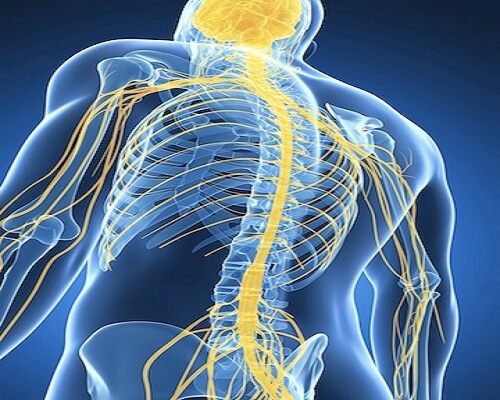Why Do You Need Dental Implants?

A dental implants is a medical treatment that involves replacing a missing tooth. The implant is a surgical accessory fitted into the jawbone at the place of the missing tooth. It is incorporated into the mouth within a short period. Gradually, the artificial implant completely takes the place of the tooth and functions on behalf of the missing tooth.
Dental implant is chosen and carefully placed so that it can act like a natural tooth and give support to nearby teeth. Implants are made of titanium that can easily blend into the jaw and not stand as a separate entity. The advancement in technology has made it possible to improve the process of dental implants. Additionally, the success rate of this treatment is 98%.
The Procedure for Dental Implants
The exact procedure of a dental implant depends on your needs, situation, and case history. If you need emergency tooth extraction Philadelphia, there may be different options that can be personalized for you. The healing time can vary from person to person.
- Examination: The first step is an examination of your unique situation. Your dentist might suggest tests like X-rays or scans to correctly evaluate your teeth and mouth. Dentists will specify the number of teeth that need to be replaced. They will also obtain your medical history and conditions to ensure your safety. Medical practitioners can also prescribe medications to support the procedure and reduce any post-surgical pain.
- Tooth Removal: Sometimes dental implants involve only placement of the implant. Oftentimes, though, the original tooth must be removed. Before placing the implant, the dentist removes the previous tooth. The implant is later placed in the same area. Usually, the procedure of tooth removal is quick.
- Inserting Implant: The implant is either placed in the jawbone or inserted into the gums. Dentists recommend different methods for different individual needs. The implant slowly blends with the jawbone or gum line, but full integration can take some time.
- Placing Abutment: After a period of time needed to ensure the strength of the implant, an abutment is placed. It is a small piece of titanium or zirconium. Abutments need to be strengthened to ensure proper linkage and avoid slipping. They also aid the gum tissues near the implant site to heal.
- Putting in the Personalized Crown: Depending on whether you prefer a temporary or permanent dental implant, your dentist would select the appropriate one for you. The dentist formulates your implant and fixes it accordingly with a surgical procedure. Minor modifications from your tooth and implant are normal and safe. While it is generally a painless procedure, you might feel a little pressure in the area.
Different Types of Dental Implants
- Zygomatic implants:Zygomatic implants are safe and reliable, but no longer commonly used. It is preferred only if you suffer from extreme bone loss in the upper jaw. These implants are usually tilted in shape and placed in the jawbone. Dentists have to carefully check the length of these implants based on the person’s cheekbone to ensure a perfect fit.
- Endosteal Implants: These implants are used a majority of the time. It is generally placed inside the jawbone.
- Subperiosteal implants: These are used for individuals with weak jaw bones that are difficult or not possible to correct. They consist of a metal frame attached just below the gum tissue above the jawbone.
Who Needs Dental Implants?
Dental implant procedure aims to revive the function of a missing tooth or set of missing teeth. If you think or know that you need this procedure, be sure to select dentists who are well known for their efficiency in inserting the implants.
Following are 3 of the most common options for dental implants:
- Replace a complete or partial set of dentures
- To cement a dental bridge
- To replace a single non functioning tooth
The Average Cost Of Dental Implants
A dental implant procedure needs to include follow-up appointments, crown placement, and abutment expenditures too. While it can be expensive depending on the unique situation, it can also bring smiles back to life. As with many health-related investments, taking action today can prevent your oral health from getting worse and save you from more hefty expenses later on. Moreover, cost varies per the dentist’s experience, materials used, and specific type of procedure.
Dental Implant Procedures Offer Many Benefits-
- Enhance your appearance
- Bring back your lovely smile
- Restore your natural speech
- Boost your confidence
- Enable easy chewing
- Protect other teeth from damage
- Support surrounding teeth
- Prevent bone loss
- Provide mouth comfort
- Improve facial structure
Are you looking for the best treatment of dental implants in Feasterville to fix your teeth? Oral health is correlated with total body health, so do not leave your oral health in the wrong hands!



